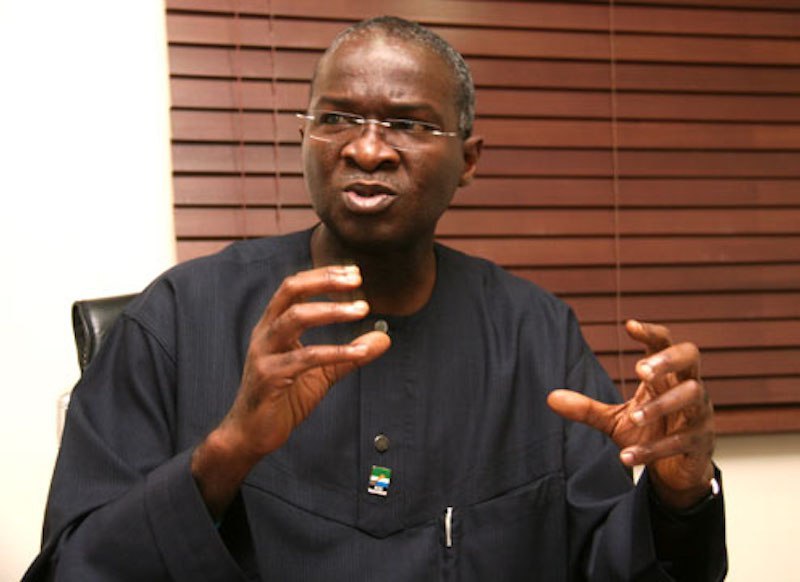Babatunde Fashola, former Governor of Lagos state and current Minister of works and housing has revealed that his administration foiled plot to bomb Lagos in 2013.
Fashola made the shocking revelation during the fourth annual public lecture of the United Action for Change (UAC). The lecture titled “Insecurity: Taking actions against organised crime” held in Lagos.
The former Governor disclosed that an informant notified relevant authorities of 17 suitcases loaded with explosives for the purpose of unleashing mayhem in the nation’s commercial capital.
Noting that the citizens had a huge role in securing the safety of lives, he said the government may not have been able to foil the attempt without the help of the informant.
“It is when information is offered that law enforcement must act to check, recheck and verify. So, when 17 suitcases loaded with explosives were brought into Lagos in 2013, law enforcement missed it.
“It was citizen information, which we did not discard, that led to their seizure, apprehension of the suspects and their cargo of terror. They were tried in Lagos without public show. That was the period new courts were being built in Badagry and we prosecuted them there. They were given fair trial because they had lawyers representing them. They were over 20 and were convicted and this enabled government put them in a place where they could no longer harm residents of Lagos,” he said.
ALSO READ: Conspiracy Theories Behind Okada Ban in Lagos state
“Let me be clear that this is the duty of the citizen and it starts with all of us being interested in our own wellbeing and security. It involves not only careful choices about lifestyle which will prevent us from being attractive as victims to criminals. It requires us to show more interest in what/who is around us and to pay more attention to unusual things.
“It also requires courage, a lot of it, to be able to share information no matter how innocuous, with law enforcement, to enable them keep us safe. There is no magic to Intelligence gathering, it is rooted in civic responsibility.
“One institution of civic participation that we must revive, reform and reuse is the Residents/Landlord Association. We need them very quickly. Know your neighbour is a critical first line of defence against any criminal activity and in particular against organised crime.
“It helps to occupy the space of anonymity in which all criminals thrive and provides information or suspicion about irregular or abnormal behaviour that requires attention,”

